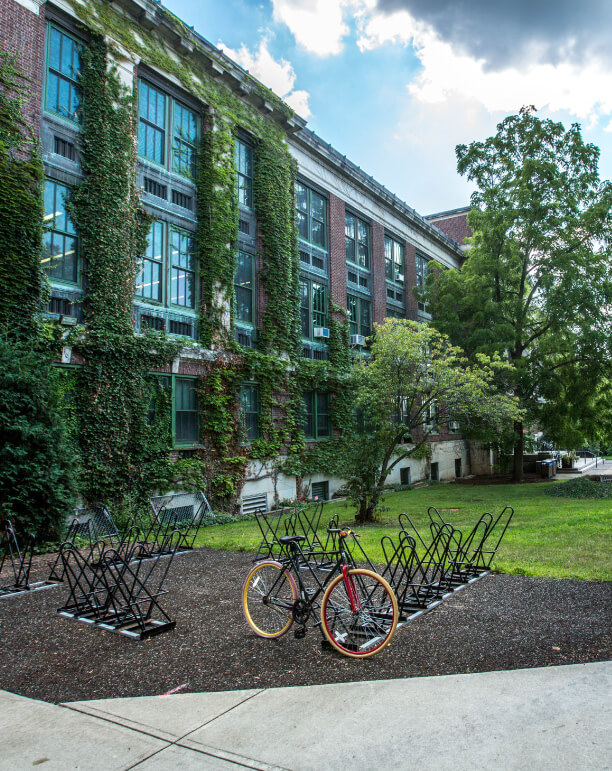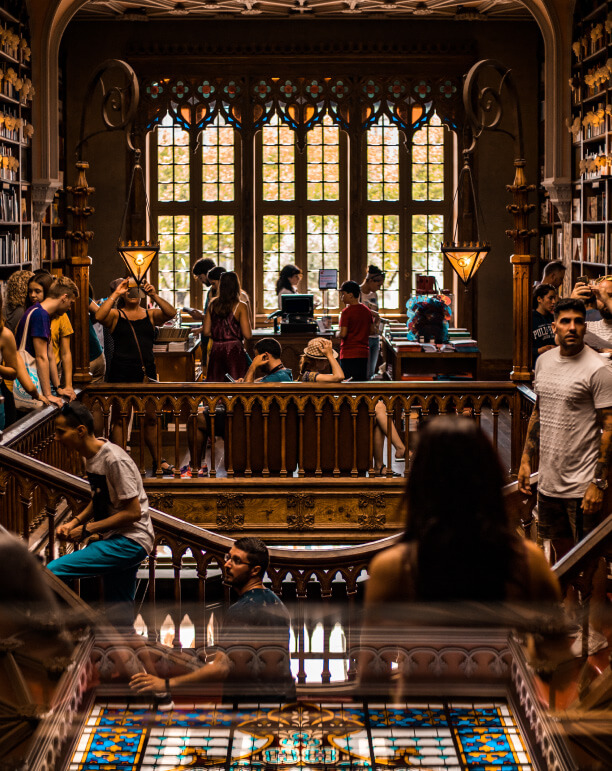How the international migration is shaping the contemporary society?”
Prishtinë: 20.11.2015 - 20.11.2015
Type: Konferenca Shkencore Ndërkombëtare
Organizer:
AAB University, Pristine-Kosovo, Albanian Sociological Association (ALBSA) Albanian Institute of Sociology (AIS 10th Annual International Conference), with: International Sociological Association (ISA),The Balkan Sociological Forum (BSF),Sociological Association of Kosovo (SAK),University AleksanderMoisiu of Durres (UAMD),European University of Tirana, Albania (UET) andUniversity Marin Barleti of Tirana (UMB).
How the international migration is shaping our societies and defining our future? What’s its impact on the contemporary society, on the social institutions especially of the originated countries: Culture, Politics, Economy, Family, Education, Religions, and so on? These hypothetical questions are the Central Theme of the conference, trying to give en answer based on the uniqueness experience of Balkan Countries, especially Albania and Kosovo in European and global context.Why these countries? Just because the international migration has been at the core of economic and social changes of both Albania (during last two decades and more) and Kosovo (beginning the World War II, being part of Ex-Yugoslavia) and later). No other European Country has been affected to such extent by international migration. Due to the intense experience of migration (exodus) set against a background of post communist transition, poverty and underdevelopment (Albania and Kosovo) and even genocide, political repression and war (Kosovo) they are excellent laboratories for the study of migration and its impact on the contemporary societies.
The organizers of this conference invite scholars from all over the world for research activity, comparative analysis and debate about the different aspects of migration, such as:
– the theories about migration focused on push and pull factors, or macro-level and micro-level analysis;
– the positive and negative aspects of migration on originated countries as well as the countries of destination;
– the role of remittances in the net migratory countries, the dynamic and mutually interdependent relationship between migration and development;
– the impact of migration on the social institutions, such as Culture Education, Politics, Family, Religious, Work, Economy, etc;
– the international mobility of people as a controversial issue with attitudes ranging from openness and tolerance toward immigrants in good economic times, to reluctance and even xenophobia and resentment, particularly during times of economic slowdowns, unemployment, and financial insecurity;
– the nature of the current wave of globalization is such that international mobility of goods (commodities) and capital (money) across countries is much freer than the international mobility of people (the people’s paradox of globalization);
– the correlation of migration with the multiethnic heritage, ethnic (in)tolerance and (dis)integration (Balkans diary);
– the Diaspora – home relations, the transnationalization, globalizing communitarianism beyond borders, multiculturalism, the personal and national identity and the state of inbetweenness, hybridization of the societies;
– the asymmetrical development of the world in the time of globalization, the disparities among and within countries and the basic question: How to face an unequal world?















